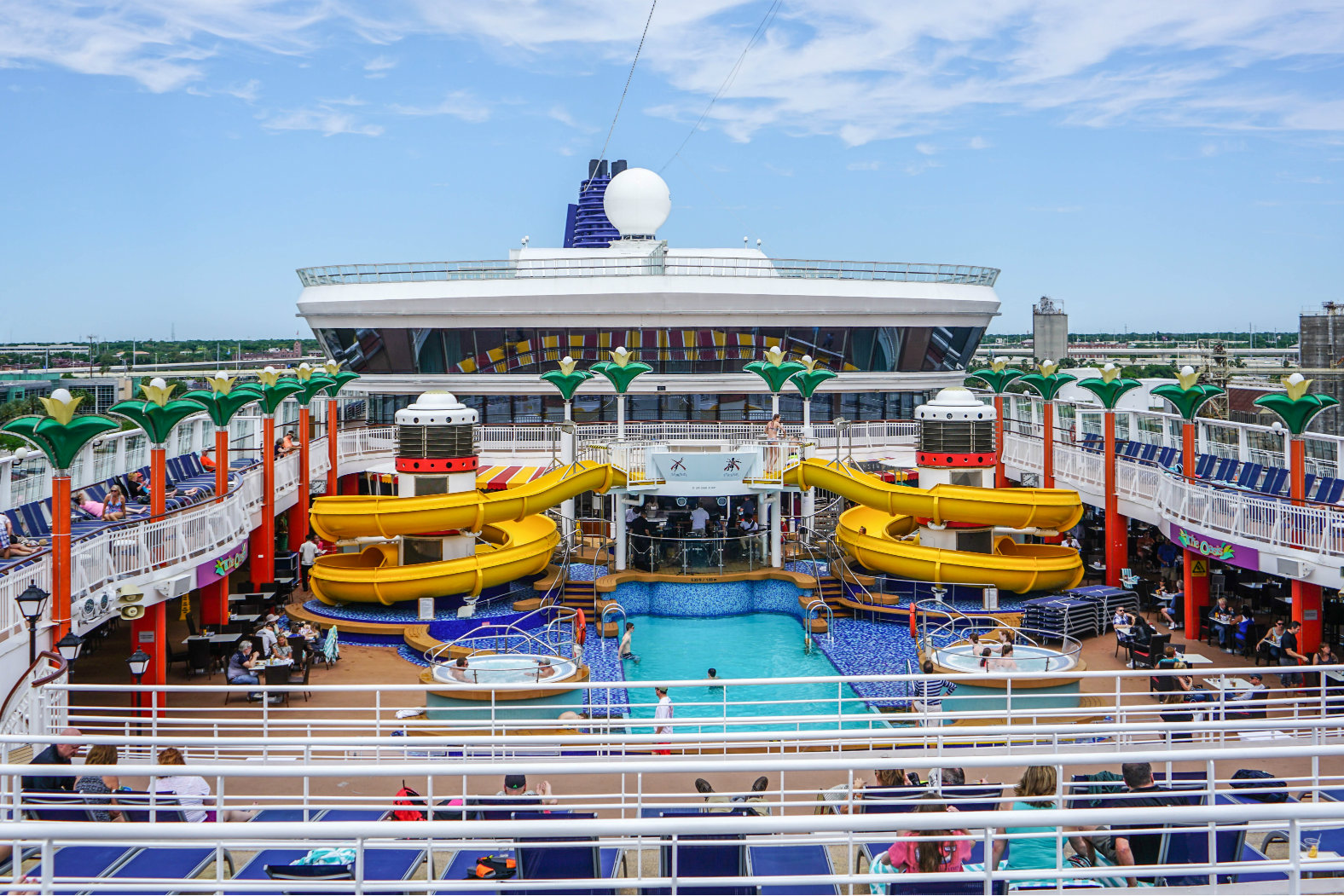In recent years, the summer-fun-on-the-high-seas image of cruise lines has been marred by ongoing drowning incidents. The New York Daily News recently reported that an 8-year-old boy drowned in a pool on Royal Caribbean International’s Anthem of the Seas cruise ship. The ship was en route to the Caribbean from Bayonne, N.J., when the boy was found. Officials said he had been in the water for 8-10 minutes.
The Miami Herald reported that similar incidents have occurred on several cruise ships over the years: In January 2015, a 4-year-old boy nearly drowned in a wave pool on Royal Caribbean’s Oasis of the Seas; in May 2015, a 10-year-old girl drowned on Norwegian Cruise Line’s Norwegian Gem; and in May 2014, a 6-year-old boy suffered a severe brain injury after he sunk to the bottom of a pool aboard Royal Caribbean’s Independence of the Seas.
A lack of lifeguards may have contributed to these incidents. “They don’t want to have them,” said Alison Osinski, president of Aquatic Consulting Services in Avalon, Calif. “Nobody says they have to, so they [don’t].”
Of the myriad regulations that cruising vessels must adhere to, from agencies such as the Coast Guard and the Centers for Disease Control and Prevention, there are no mandates requiring cruise ships to have lifeguards. “To me it makes no sense,” Osinski said. “They’ve got plenty of employees on these ships. There’s absolutely no reason they couldn’t provide lifeguards at stated hours.”
Many cruise lines are headquartered in nations whose laws enable this desire to avoid staffing lifeguards. Foreign countries such as Panama (Carnival Cruise Lines) and Liberia (Royal Caribbean) have no regulations requiring pool supervision, said James Walker, a maritime lawyer with Walker & O’Neill, P.A. based in South Miami, Fla.
Instead of providing lifeguards, many cruise lines provide signage alerting consumers that no lifeguard is present. The Cruise Lines International Association likens this practice to land-based hotels and resorts, and said the signage is “clear and conspicuous.”
However, instead of being equated to hotels, Walker, believes cruise ships are more like gigantic water parks, which are required to employ lifeguards. The multiple pools, slides and other aquatic elements bring ships into this territory, he said.
If a child drowns while on board a ship, cruise lines are not likely to face severe penalties. The Death on the High Seas Act protects cruise lines in the event a non-wage earner dies. Because children typically fall into this category, the only damages a parent might obtain are the nominal cost of burial, says Walker.
Walker also notes that Disney Cruise Lines is the only major cruise organization that employees lifeguards. The company’s policy came about after a 4-year old boy suffered a brain injury after nearly drowning on a ship in 2013. The tragedy resulted in a multimillion dollar settlement.
The prospect of getting lifeguards on the ships is a bit bleak, according to industry professionals. “I do not think that the cruise lines will incur the expense of hiring lifeguards…until DOSHA is amended and cruise lines become responsible for the full range of damages caused by not hiring lifeguards,” Walker said.
Carnival Corporation and Royal Caribbean Cruises Limited, which operate the majority of high-profile cruise lines, were contacted regarding this issue. Neither responded.


